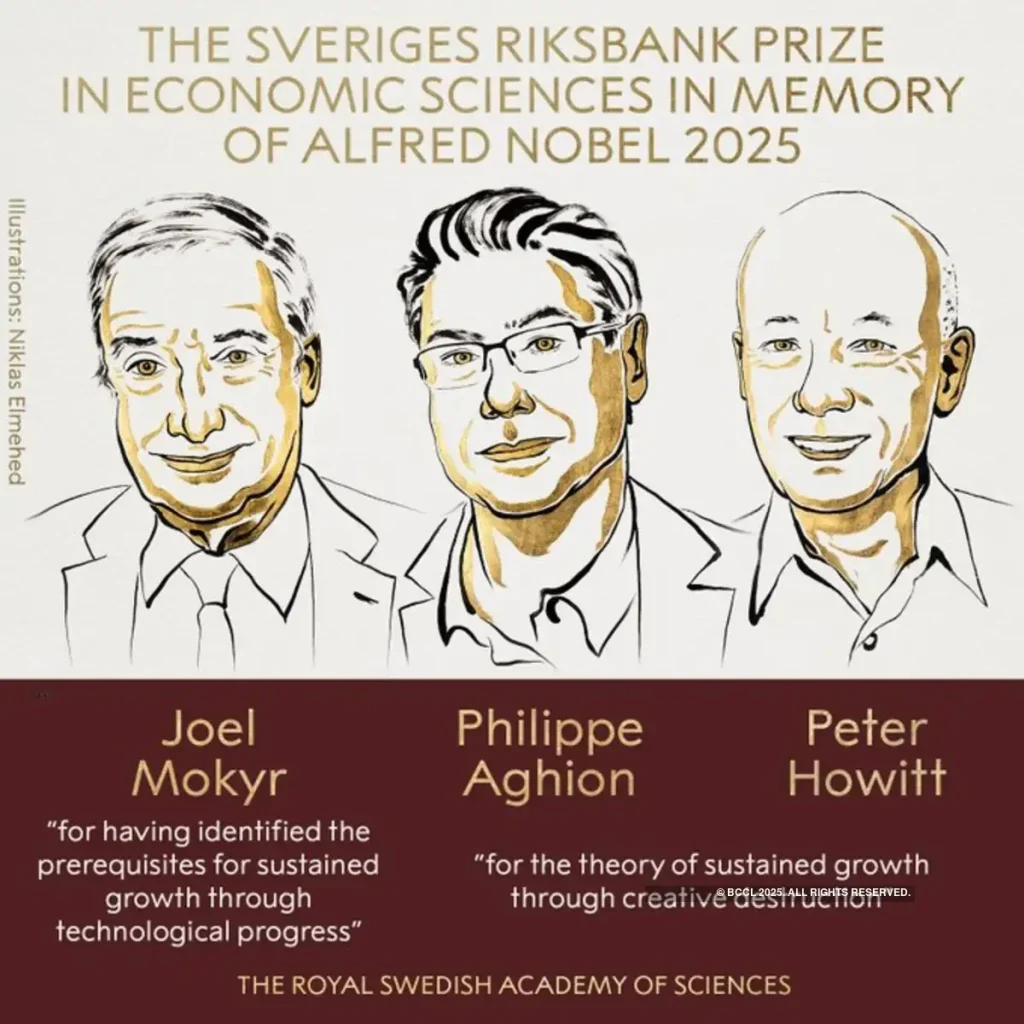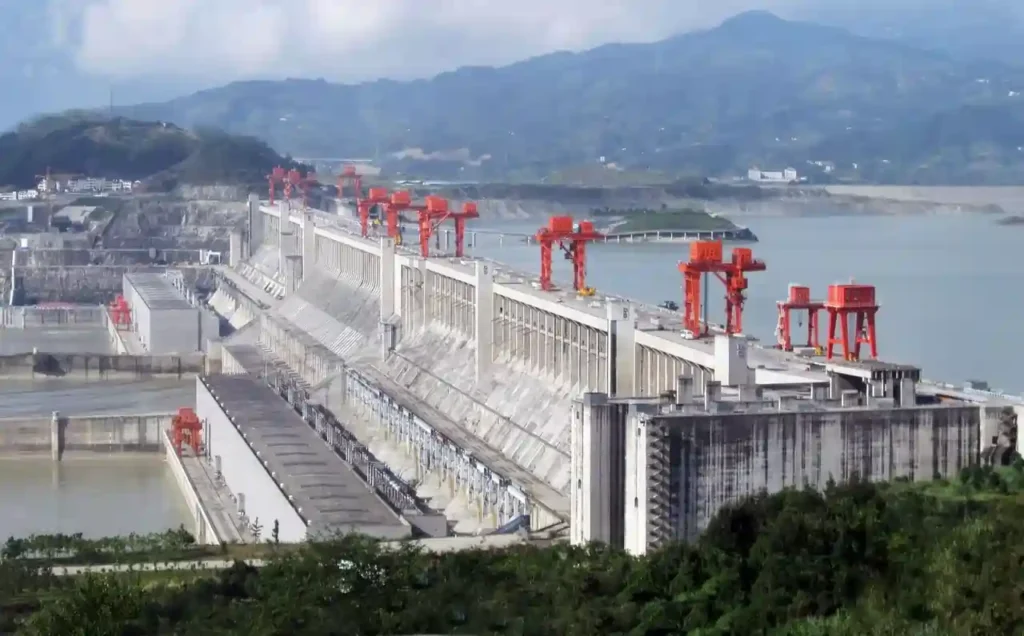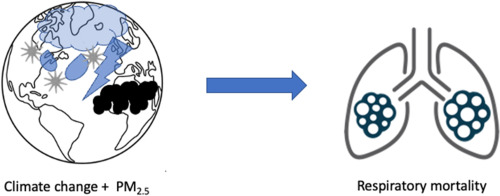In developing economies, Innovation is a necessary but not sufficient condition for sustained growth.
The 2025 Nobel Prize in Economics—awarded to Joel Mokyr, Philippe Aghion, and Peter Howitt for their work on innovation‐driven growth and “creative destruction” —offers a rich lens for thinking about why the interaction (“clash”) between technology and humans often plays out in surprising, non‐linear, and unpredictable ways. Innovation can ignite growth, but sustaining it requires […]










